Klüver-bucy Syndrome
Klüver-bucy syndrome. And an inability to recognize objects or faces. Alternatively known as bilateral temporal lobe disorder Kluver Bucy syndrome is defined as a rare neurobehavioral disorder with potential human occurrence affecting men and women in the same way that results when there is brain failure from any of diverse factors involving the two sides of the medial temporal lobes. The full Klüver-Bucy syndrome KBS - hyperorality placidity hypermetamorphosis dietary changes altered sexual behavior and visual agnosia - is evident within 3 weeks following operation.
Kluver-Bucy syndrome KBS is a neuropsychiatric disorder due to lesions affecting bilateral temporal lobes especially the hippocampus and amygdala. Definition K lüver-Bucy syndrome is a rare behavioral impairment that is associated with damage to both of the anterior temporal lobes of the brain. It causes individuals to put objects in their mouths and engage in inappropriate sexual behavior.
This may be the result of trauma to the brain itself or the result of other degenerative brain diseases tumors or it can be caused by some brain infections most commonly herpes simplex encephalitis a viral brain infection. Kluver Bucy syndrome KBS is an atypical behavioural syndrome developed due to a neurological disorder. Hypermetamorphosis excessive attentiveness to visual stimuli with a tendency to touch every such stimulus Hypersexuality.
Klüver-Bucy syndrome is usually related to Alzheimers or Picks disease where the degeneration of nervous tissue occurs at the subcortical level and can affect the temporal lobe. Kluver-Bucy syndrome Concept Id. Other signs and symptoms include a diminished ability to visually recognize objects visual agnosia loss of normal fear and anger responses memory loss distractibility seizures and dementia.
The name of this syndrome is based on two medical researchers- Heinrich Klüver and Paul Bucy who first discover this abnormality in the rhesus monkey in 1939. It causes individuals to put objects in their mouths and engage in inappropriate sexual behavior. The following clinical features characterize the syndrome.
C0270707 A neurobehavioral syndrome associated with bilateral medial temporal lobe dysfunction. It causes individuals to put objects in their mouths and engage in inappropriate sexual behavior. Kluver Bucy syndrome is a rare behavioral impairment characterized by inappropriate sexual behaviors and mouthing of objects.
Klüver-Bucy syndrome is a rare behavioral impairment that is associated with damage to both of the anterior temporal lobes of the brain. Kluver Bucy syndrome is a rare neuro-psychiatric disorder characterized by inappropriate sexual behaviors and putting objects in mouths 1.
Some KBS features ie hyperorality placidity hypermetamorphosis persist indefinitely whereas others gradually resolve over several years.
The KlüverBucy syndromea famous and quite dramatic disorder represents the closest example of limbic system injury that may occur in humans. Other signs and symptoms include a diminished ability to visually recognize objects loss of normal fear and anger responses memory loss distractibility seizures and dementia. Klüver-Bucy syndrome is a rare behavioral impairment that is associated with damage to both of the anterior temporal lobes of the brain. It causes individuals to put objects in their mouths and engage in inappropriate sexual behavior. It causes individuals to put objects in their mouths and engage in inappropriate sexual behavior. Klüver-Bucy syndrome is the result of damage to the temporal lobes of the brain. Hypermetamorphosis excessive attentiveness to visual stimuli with a tendency to touch every such stimulus Hypersexuality. In this case most mental abilities are depleted. Kluver Bucy syndrome KBS is an atypical behavioural syndrome developed due to a neurological disorder.
Kluver-Bucy syndrome KBS is a neuropsychiatric disorder due to lesions affecting bilateral temporal lobes especially the hippocampus and amygdala. It causes individuals to put objects in their mouths and engage in inappropriate sexual behavior. The Kluver-Bucy syndrome KBS is a neurobehavioral syndrome and can be seen in association with a variety of neurological disorders. Other signs and symptoms include a diminished ability to visually recognize objects visual agnosia loss of normal fear and anger responses memory loss distractibility seizures and dementia. Kluver Bucy syndrome is a rare behavioral impairment characterized by inappropriate sexual behaviors and mouthing of objects. In this case most mental abilities are depleted. It causes individuals to put objects in their mouths and engage in inappropriate sexual behavior.


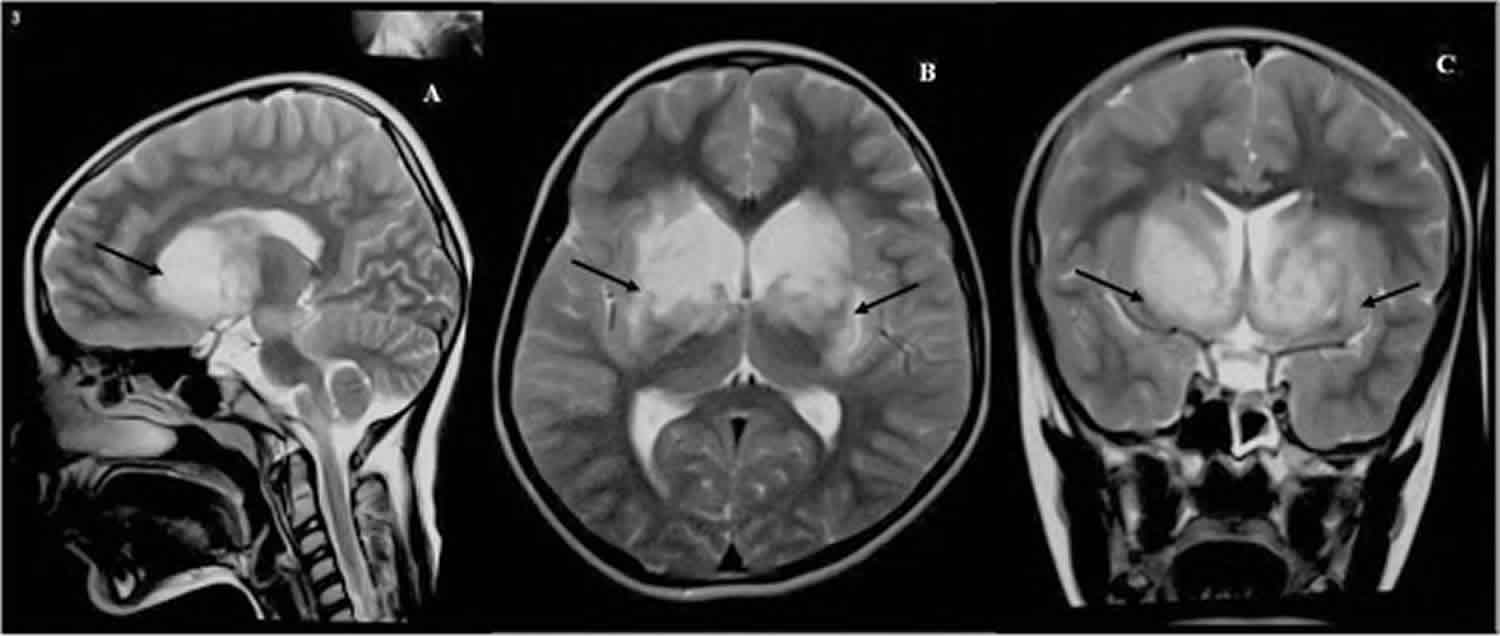


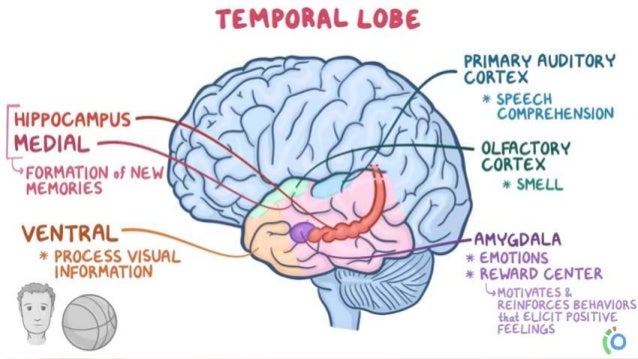
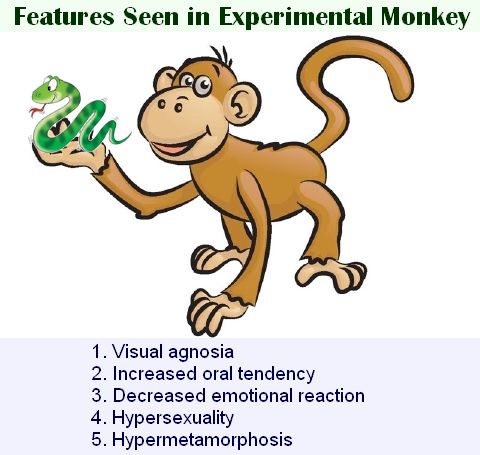
/kluver-monkey-resized-56a6a61f5f9b58b7d0e42433.jpg)



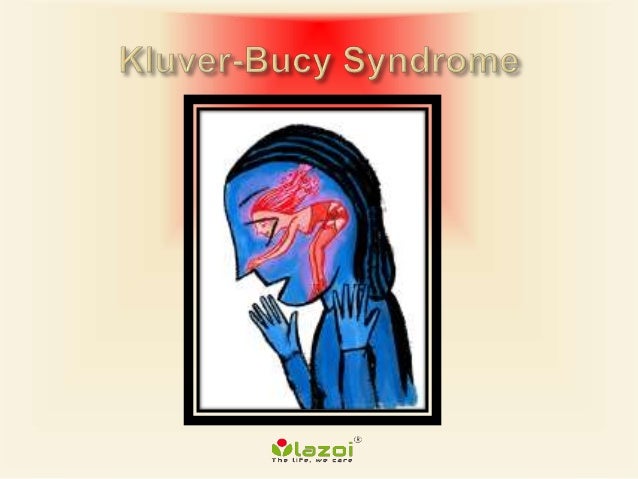





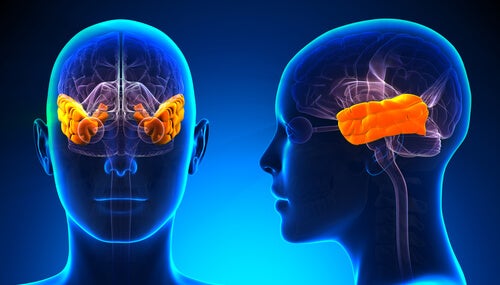









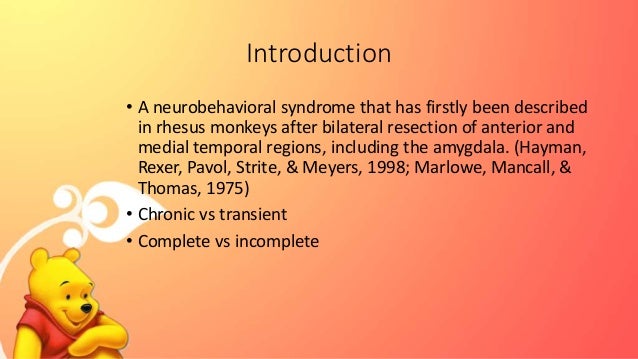




:max_bytes(150000):strip_icc()/Dr.-Sarah-Rahal_1000-c099f6ba56d34b32b7e9b7f03d782eb0.jpg)



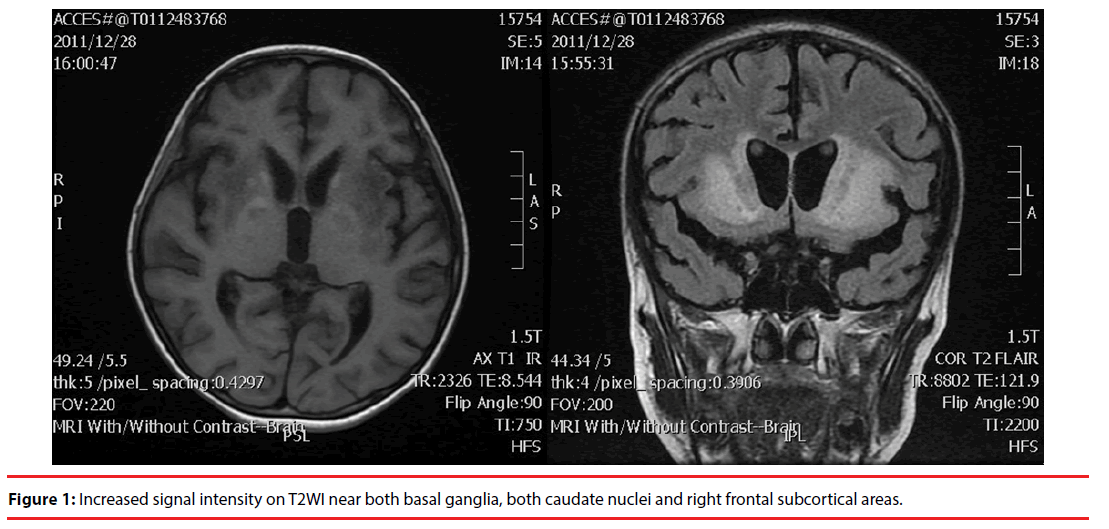





Post a Comment for "Klüver-bucy Syndrome"